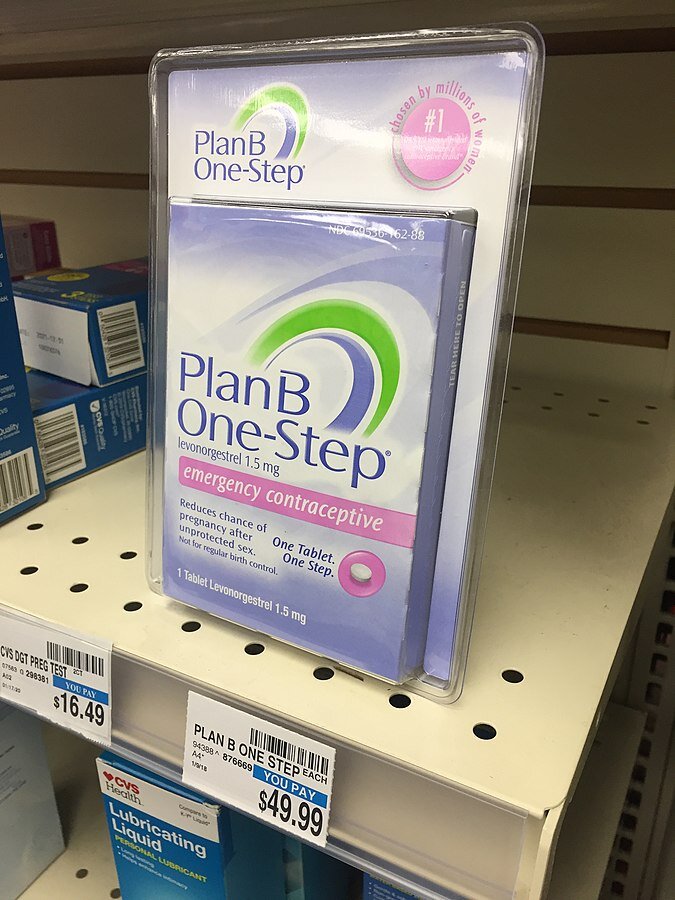How Effective Is Plan B?

Emergency contraception, commonly known as Plan B, is a form of birth control that can be used after unprotected sex or contraceptive failure to prevent pregnancy. It is a valuable option for individuals who want to prevent an unplanned pregnancy and take control of their reproductive health. However, many people wonder just how effective Plan B is and what factors may influence its efficacy. In this article, we will delve into the effectiveness of Plan B, exploring its mechanism of action, success rates, and potential limitations.
1. Understanding Plan B:
Plan B is a type of emergency contraception that contains levonorgestrel, a synthetic hormone similar to progesterone. It works primarily by preventing ovulation, the release of an egg from the ovary. Additionally, it may also alter the cervical mucus consistency, making it more difficult for sperm to reach the egg if ovulation has already occurred. However, it is important to note that Plan B does not terminate an existing pregnancy; it only prevents fertilization or implantation.
2. Effectiveness and Success Rates:
When taken as directed, Plan B is highly effective in preventing pregnancy. According to the manufacturer’s instructions, it should be taken within 72 hours (three days) after unprotected sex or contraceptive failure. However, recent studies suggest that its effectiveness may extend up to 120 hours (five days) after intercourse. The sooner it is taken, the more effective it is likely to be.
Research has shown that Plan B can reduce the risk of pregnancy by up to 87% when taken within 72 hours. However, its effectiveness decreases over time, with a reported efficacy of approximately 75% when taken between 72-120 hours after unprotected sex. It is important to remember that Plan B is not as effective as regular contraception methods such as birth control pills or condoms, which have higher success rates when used consistently and correctly.
3. Factors Affecting Efficacy:
Several factors can influence the effectiveness of Plan B. Body weight is one such factor, as studies suggest that it may have a greater impact on individuals with higher body mass indexes (BMIs). Research has shown that Plan B may be less effective in individuals weighing 165 pounds or more. In such cases, alternative emergency contraception methods, such as the copper intrauterine device (IUD), may be more suitable.
Timing is another crucial factor. Taking Plan B as soon as possible after unprotected sex increases its chances of preventing pregnancy. Waiting too long to take it significantly reduces its efficacy. Additionally, certain medications, such as certain anticonvulsants and antibiotics, may interact with Plan B and reduce its effectiveness. It is essential to consult a healthcare professional or pharmacist to ensure that there are no potential drug interactions.
4. Limitations and Considerations:
While Plan B is a valuable option for emergency contraception, it is not without limitations. It does not protect against sexually transmitted infections (STIs), so it should not be used as a substitute for barrier methods like condoms. Additionally, it is not intended for regular use and should only be used in emergencies. If an individual finds themselves needing emergency contraception frequently, they should consider discussing other contraceptive options with a healthcare provider.
It is also worth noting that Plan B may cause temporary side effects such as nausea, fatigue, breast tenderness, and changes in menstrual bleeding patterns. These side effects usually subside within a few days and are generally well-tolerated. However, if severe or persistent side effects occur, it is important to seek medical advice.
Conclusion:
Plan B is a safe and effective form of emergency contraception when used correctly and within the recommended timeframe. It can significantly reduce the risk of unplanned pregnancy if taken as soon as possible after unprotected sex or contraceptive failure. However, it is important to remember that Plan B is not as effective as regular contraception methods and should not be used as a primary form of birth control. If you have questions or concerns about emergency contraception, it is always best to consult with a healthcare professional who can provide personalized advice and guidance.






